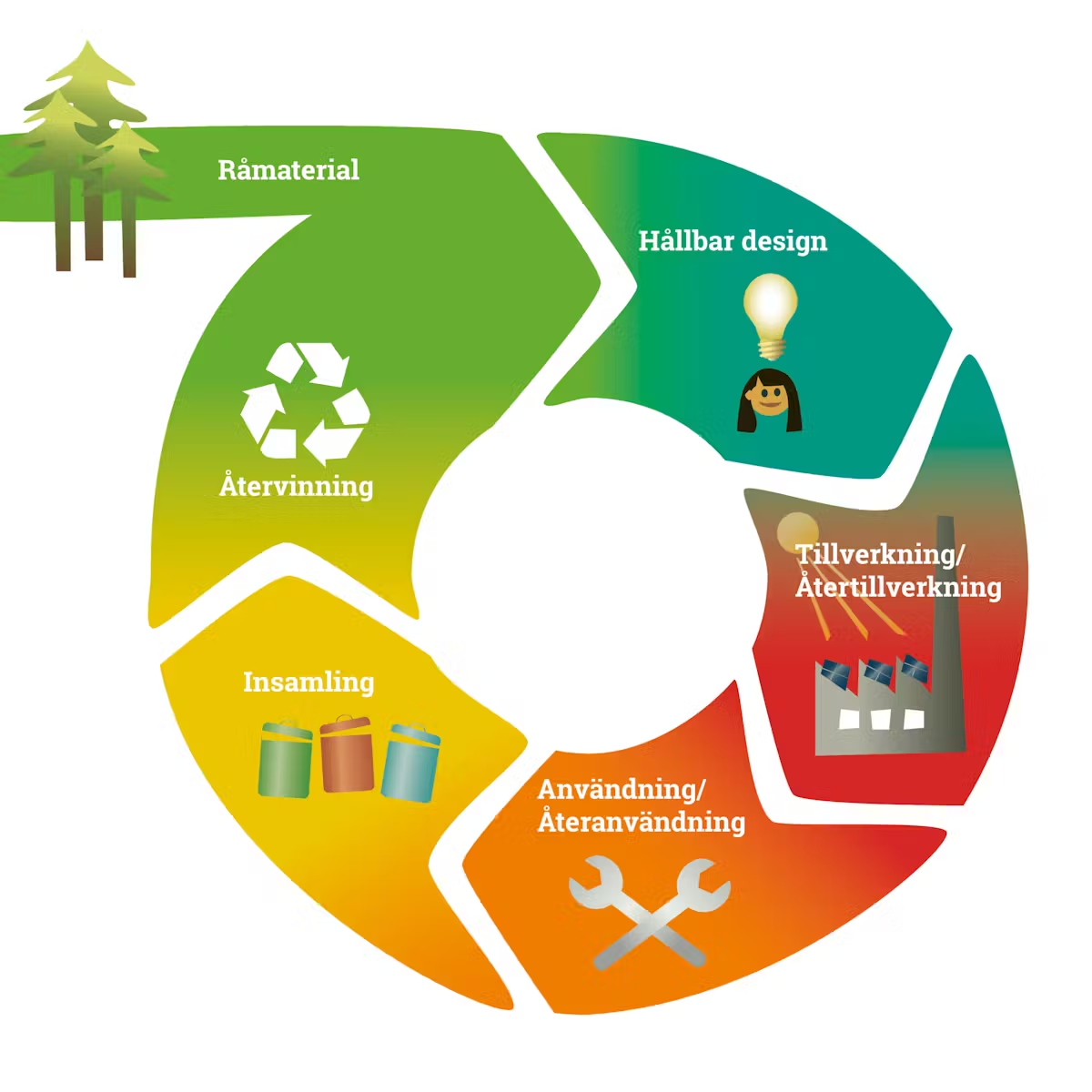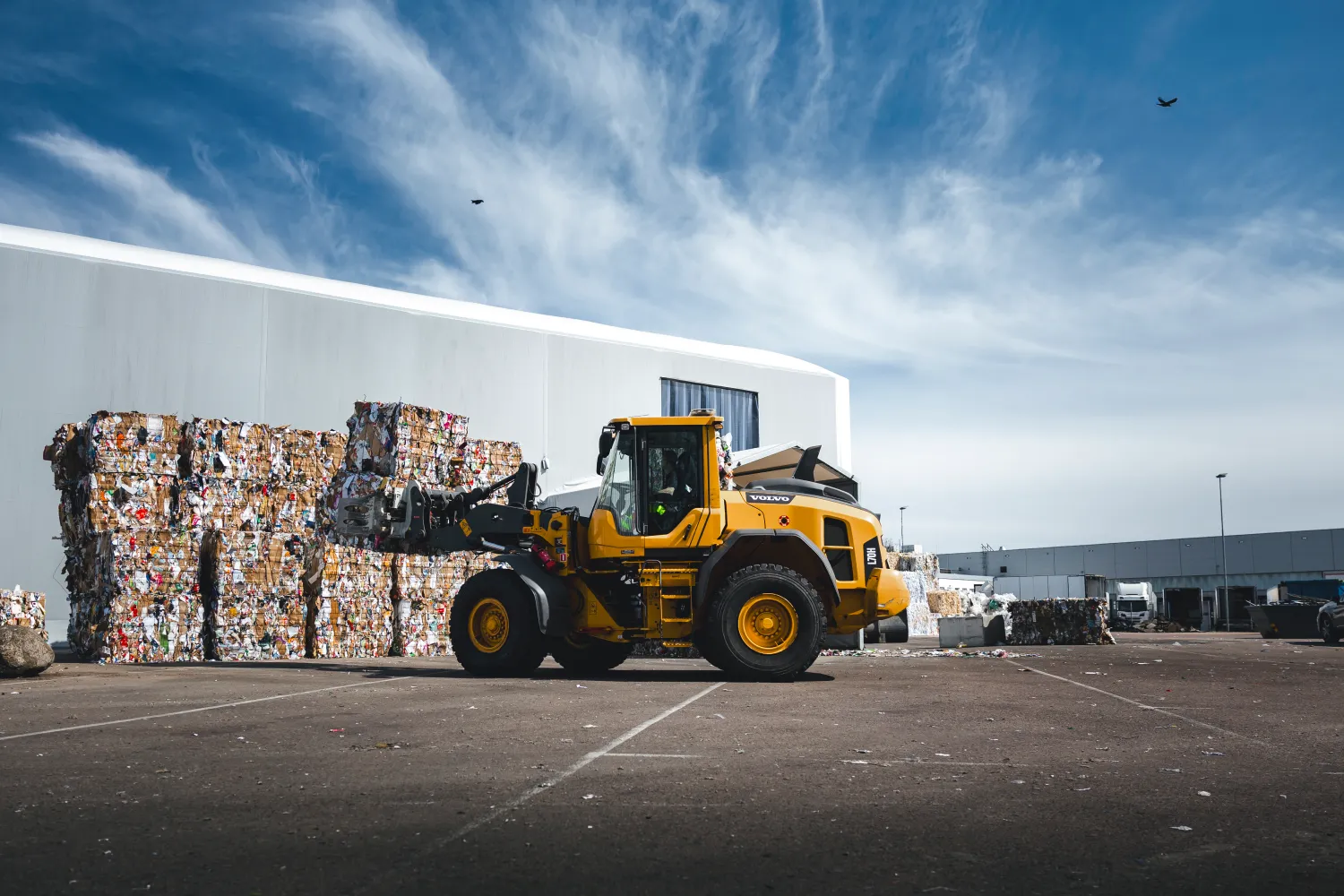Recycling has changed into a vital part of overcoming the global waste disaster, and their significance has never been clearer. With over 2 thousand a great deal of spend made globally every year, and just 16% of that being recycled, there exists a important dependence on people and towns to act. By knowledge how Recycling (Återvinning) operates and adding it into our lives, we are able to get little but impactful measures to safeguard the planet.

The Influence of Waste on Our World
The numbers highlight the urgency of the issue. For example, 91% of plastic spend worldwide is not recycled, according to a National Geographical study. Nearly all of it eventually ends up in landfills or the ocean, wherever it injuries ecosystems and threatens maritime life. Equally, the EPA reports that food spend could be the single biggest contributor to landfills in the United Claims, getting back together 22% of removed materials.
That massive waste deposition contributes to growing greenhouse gas emissions, area destruction, and water pollution. With projections featuring spend era could increase to 3.4 thousand tons by 2050, immediate action is necessary.
How to Get Began with Recycling
Recycling doesn't have to be complicated. Begin by subsequent these easy but impactful methods to cut back waste in your lifestyle:
Understand Your Regional Recycling Guidelines
Among the greatest barriers to efficient recycling is distress around what can and can not be recycled. Different cities and places have varying recycling systems, therefore make an effort to familiarize yourself with the local policies. As an example, did you understand that 35% of products put into recycling bins in the U.S. are actually non-recyclable? Working properly can make all the difference.
Minimize, Recycle, and Then Sell
Recycling is just one the main solution. Reducing usage and reusing products are just as critical. For instance, applying used water containers and fabric buying bags can considerably decrease plastic waste.
Compost Natural Product
Around 50% of most municipal spend may potentially be composted, yet most eventually ends up in landfills. Composting food scraps and backyard components is just a easy way to cut down on waste while loving your yard soil.
Support Products and services Created From Recycled Components
When possible, buy items made from recycled materials. This encourages suppliers to follow sustainable practices. Search for brands with "post-consumer recycled" content when shopping.

Recycling Is Everybody's Duty
Recycling isn't only a trend—it is a necessity. By creating little, aware improvements in how we eat up and dump components, we could reduce waste from frustrating our planet. Over time, these initiatives can lead to significant environmental advantages, such as for instance decreasing emissions, conserving organic assets, and guarding biodiversity.
